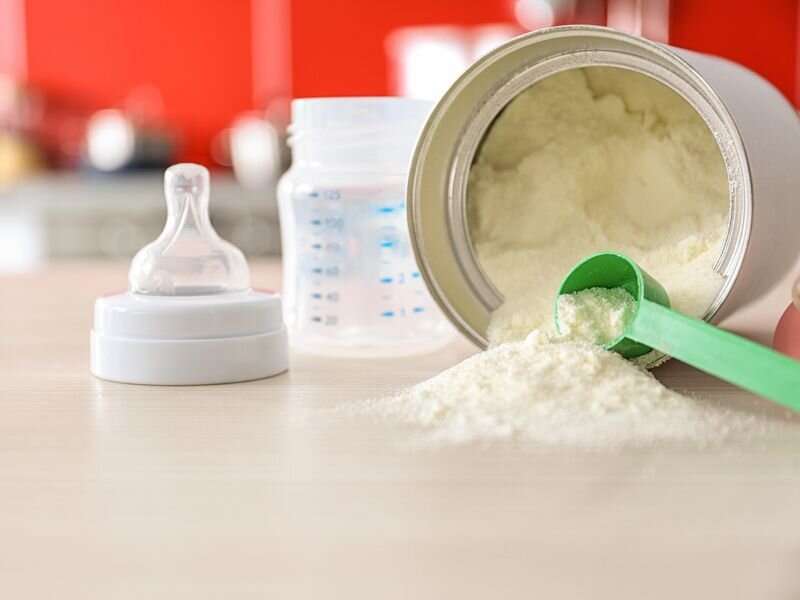
The Biden administration said Wednesday it is taking steps to ensure that international makers of baby formula can continue marketing their products in the United States, to avoid any infant formula shortage in the future.
The move to help foreign suppliers who have had temporary approval for their formulas will provide consumers with more choices and bolster the industry against future shortages, the agency said in a news release.
In May, the FDA announced that it will temporarily loosen regulations around applications to supply baby formula in the country following an infant formula shortage that was prompted by the closing of the largest plant in the United States. The agency will also streamline the application process, with one consistent point of contact between international producers, and plans to host regular meetings on the issue.
“The need to diversify and strengthen the U.S. infant formula supply is more important than ever,” FDA commissioner Dr. Robert Califf said in the agency’s statement. “The recent shutdown of a major infant formula plant, compounded by unforeseen natural weather events, has shown just how vulnerable the supply chain has become.”
The U.S. has been struggling to boost supply of baby formula since February, when regulators shut down an Abbott Inc.’s Michigan plant over contamination concerns. The plant recently reopened after a sanitation and safety overhaul, but shuttered again a couple of weeks later after severe thunderstorms and heavy rain damaged the plant. The company said it needs time to sanitize the factory again before it reopens.
The White House said Wednesday that its efforts to fly formula into the country will bring 43 million 8-ounce bottle equivalents of baby formula into the United States by Sunday. The FDA has already green-lit roughly 400 million 8-ounce bottles for import into the country.
“Infant formula is an essential food product that is the sole source of nutrition for many babies in the U.S. Companies and their manufacturing facilities must meet rigorous FDA standards that ensure the formula is both safe and nutritious,” Califf said. “These standards are necessary to protect our children and will not be sacrificed for long-term supply considerations.”
The temporary relaxation of policy will expire in November, but the administration says it will renew the looser regulations if it needs to do so. The FDA said will revisit the issue in September and provide more guidelines on how companies with temporary approval can meet FDA requirements to keep their products on the market for years to come.
Source: Read Full Article
